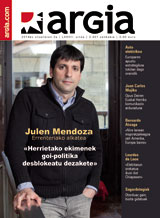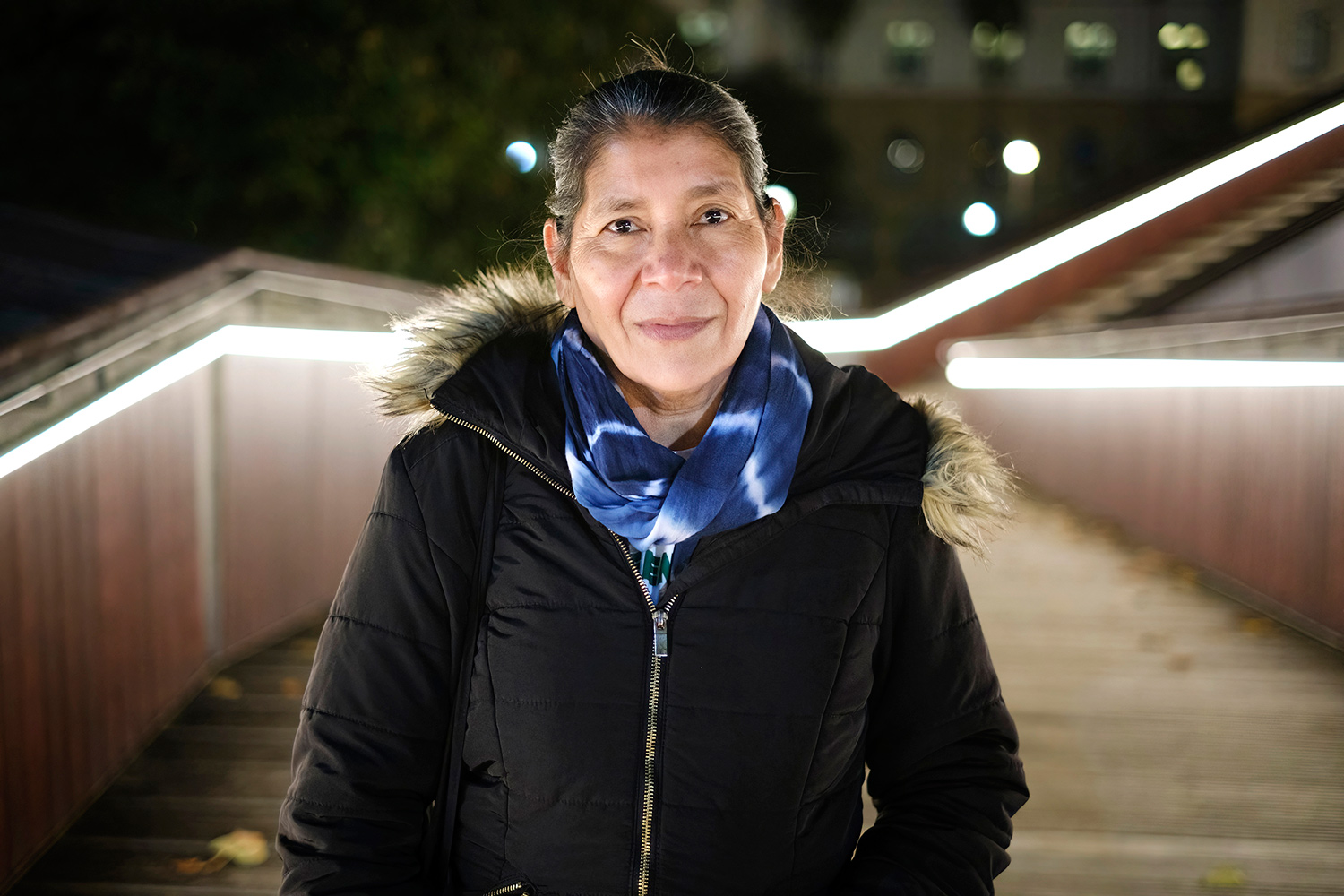Abortion and secularism
- If in the first few weeks free abortion is accepted in Cuba, Uruguay and Mexico City (only in the capital), we can think that the source of the attitude of anti-abortion politicians is not culture, but the weight of religions.
I've come to Managua for a few months. In Nicaragua, the Sandinista government (yes, the Sandinism revolutionized in the 1980s) completely illegalized abortion in 2007. Until that year, only “therapeutic abortion” was accepted. Nicaragua is the country of South America and Central America where the most teenage pregnancies occur. However, if a 12-year-old girl becomes pregnant with a rape and after trying to abort on her own, leaves the hospital, the doctor has the right to call the police.
I have just published a report on the attitude of the Governments of South America and Central America towards abortion. I knew that Rafael Correa from Ecuador vehemently opposed the attempt to legalize abortion in cases of rape, but the majority surprised and disliked me (Evo Morales, Cristina Fernández, who was Hugo Chávez...). Realize that they speak in defense of “unborn” rights. That is, this is the paradox of the thought of the movements called Provida, which deals with the life of the embryos, while at the same time neglecting the dignity and autonomy of women.
If in the first few weeks free abortion is accepted in Cuba, Uruguay and Mexico City (only in the capital), we can think that the source of the attitude of anti-abortion politicians is not culture, but the weight of religions. As secularism and the influence of churches among citizenship are guaranteed, women’s rights are more guaranteed. The authorities say that Venezuela, Bolivia or Ecuador are engaged in solid revolutionary processes, but at the same time fight against sexual and reproductive rights to satisfy a very religious public opinion and that the rulers have received an education based on religious morals.
The Spanish Government could oppose abortion on economic grounds, privatise this right, leave it outside the Social Security System, present it as a new health cut. Alberto Gallardón, for his part, has begun an ideological war, with a bill to protect the life of the Council and the rights of the pregnant woman. For the minister is the nasciturum, that is, the embryo, the legal subject to be protected; women are not subjects of rights, potential mothers (said motherhood is what makes women) and the victims of abortion. This strategy reflects the increased involvement of the Catholic Church and conservative fundamentalism in Spain in political speeches regarding laws, family, body, sexuality and human rights.
Plazandreok and feminist associations such as the Women’s Assembly of Bizkaia have been working for some time in the defence of secularism. In Nicaragua it is also one of the main axes of feminism. The concept did not attract me much until now, but I now understand what is necessary. Violations of sexual and reproductive rights, economic privileges of the Church, the conservative accent of the educational LOMCE... All these problems are related and are a consequence of this false non-confessional state, so secularism can be the joint struggle to promote collaboration between social movements.
While we are opposed to the counter-reform of the abortion law, while we are calling on the Basque Government to practise disobedience, I believe that a common strategy for secularism should be developed in the long term.
Copenhagen, 18 December 1974 At 12 noon a ferry arrived at the port, from where a group of about 100 Santa Claus landed. They brought a gigantic geese with them. The idea was to make a kind of “Trojan Goose” and, upon reaching the city, to pull the white beard costumes... [+]























